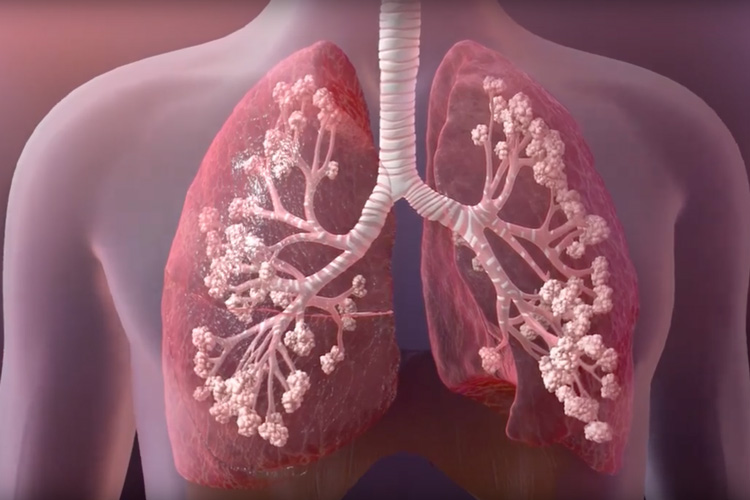
A new discovery from MCB Professor of the Graduate School Terry Machen and a team from the University of Saskatchewan may lead to new cystic fibrosis drugs that are more effective and better-tolerated by those suffering from the disease.
Below are articles from various sources about members of MCB and their research.

A new discovery from MCB Professor of the Graduate School Terry Machen and a team from the University of Saskatchewan may lead to new cystic fibrosis drugs that are more effective and better-tolerated by those suffering from the disease.
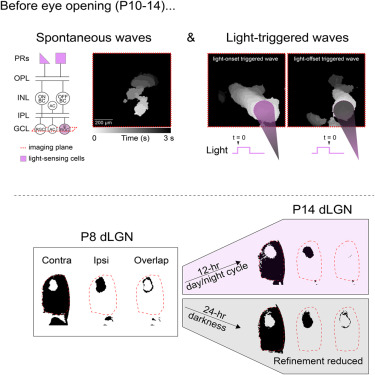
New research from the lab of MCB Professor Marla Feller shows visual stimuli can shape the visual system before eye opening.
These results open up a whole new area of research. “No one has essentially put a mouse in the dark before the eyes open, because they thought it would have no effect,” Feller says. Her next step is to investigate how light exposure before eye opening — which happens in nature for many species of mice — might influence the development of the circuitry within the retina itself.
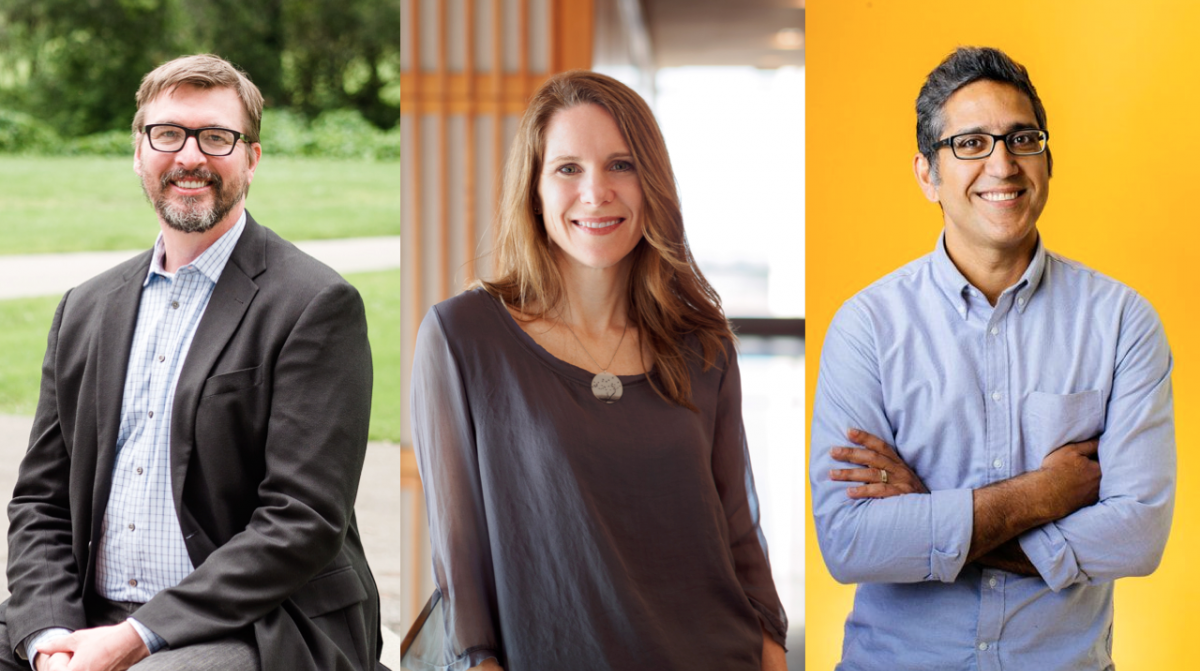
Congratulations to MCB Professor Jeffery Cox, Professor Britt Glaunsinger, and Associate Professor Arash Komeili on their elections as Fellows of the American Academy of Microbiology! They join a cohort of scientists from around the world who have made significant contributions to the advancement of microbiology.
View all the 2019 AAM Fellows here.
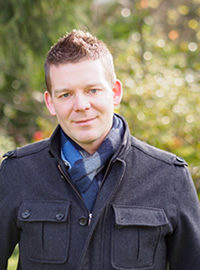
Congratulations to MCB Assistant Professor Stephan Lammel, recipient of the 2019 C.J. Herrick Award in Neuroanatomy! This award from the American Association of Anatomists honors an early-career investigator who has made important contributions to biomedical science and the field of neuroanatomy.
Lammel will be honored at the AAA Closing Awards Ceremony Reception & Dinner in Orlando, Florida, in April 2019.
View all the 2019 AAA award recipients here.
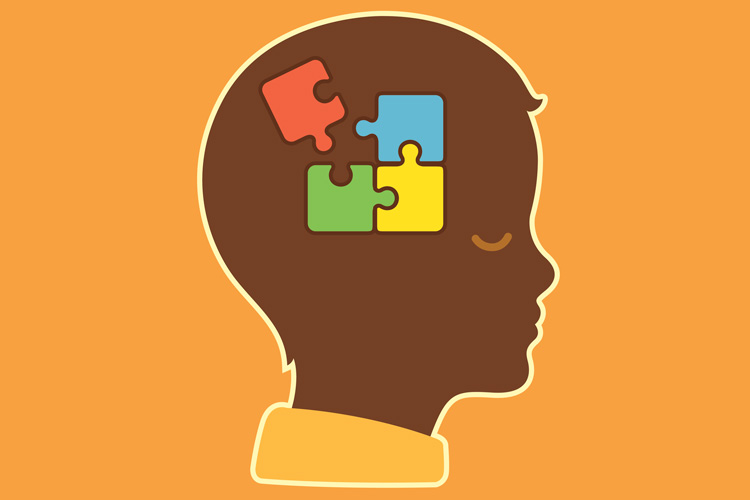
New research from the lab of MCB Professor Daniel Feldman challenges the common assumption that lack of inhibition or too much excitation in neurons cause the disease symptoms of autism.
“Many groups are searching for ways to increase inhibition in the brain... on the assumption that increasing inhibition will restore the brain back to normal,” said Feldman. “But actually, our results suggest that loss of inhibition might represent a useful compensation that the brain is doing, or might be unrelated to disease symptoms.”
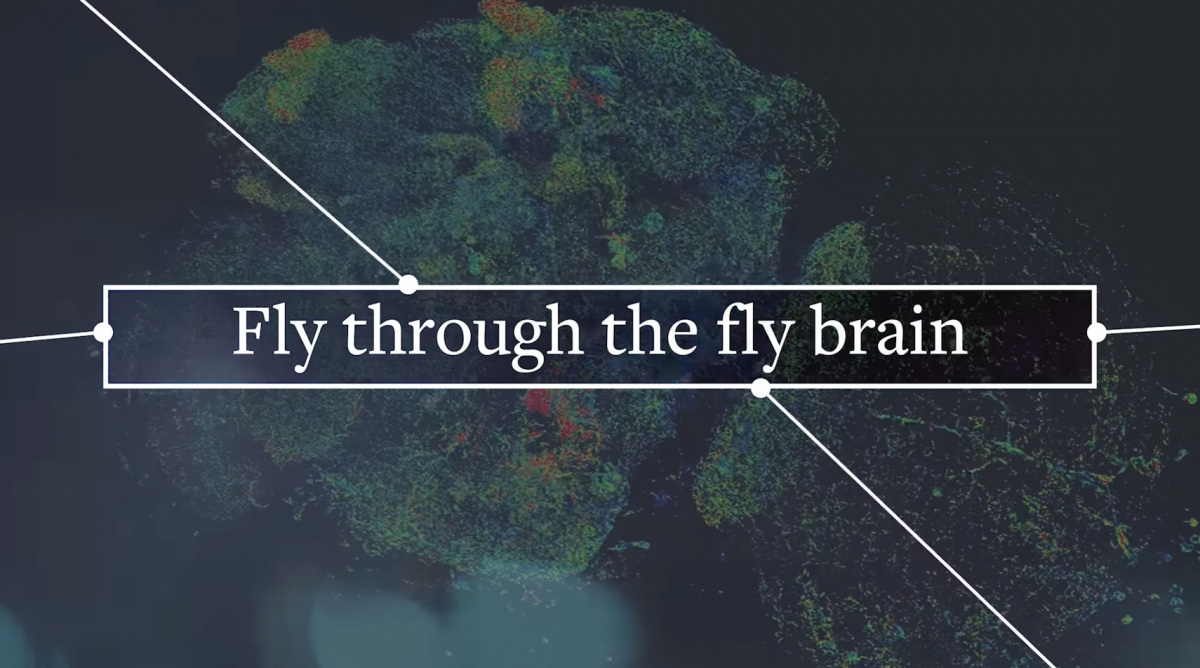
A remarkable new 3D map of the fly brain from the lab of MCB Professor & HHMI Investigator Eric Betzig allows researchers to visit any of the fly's 40 million synapses – and took only 3 days to produce.
This rapid 3D imaging technique may ultimately allow researchers to judge strength of neural connections and trace those involved in decision-making and memory, among many other uses. Watch the video >
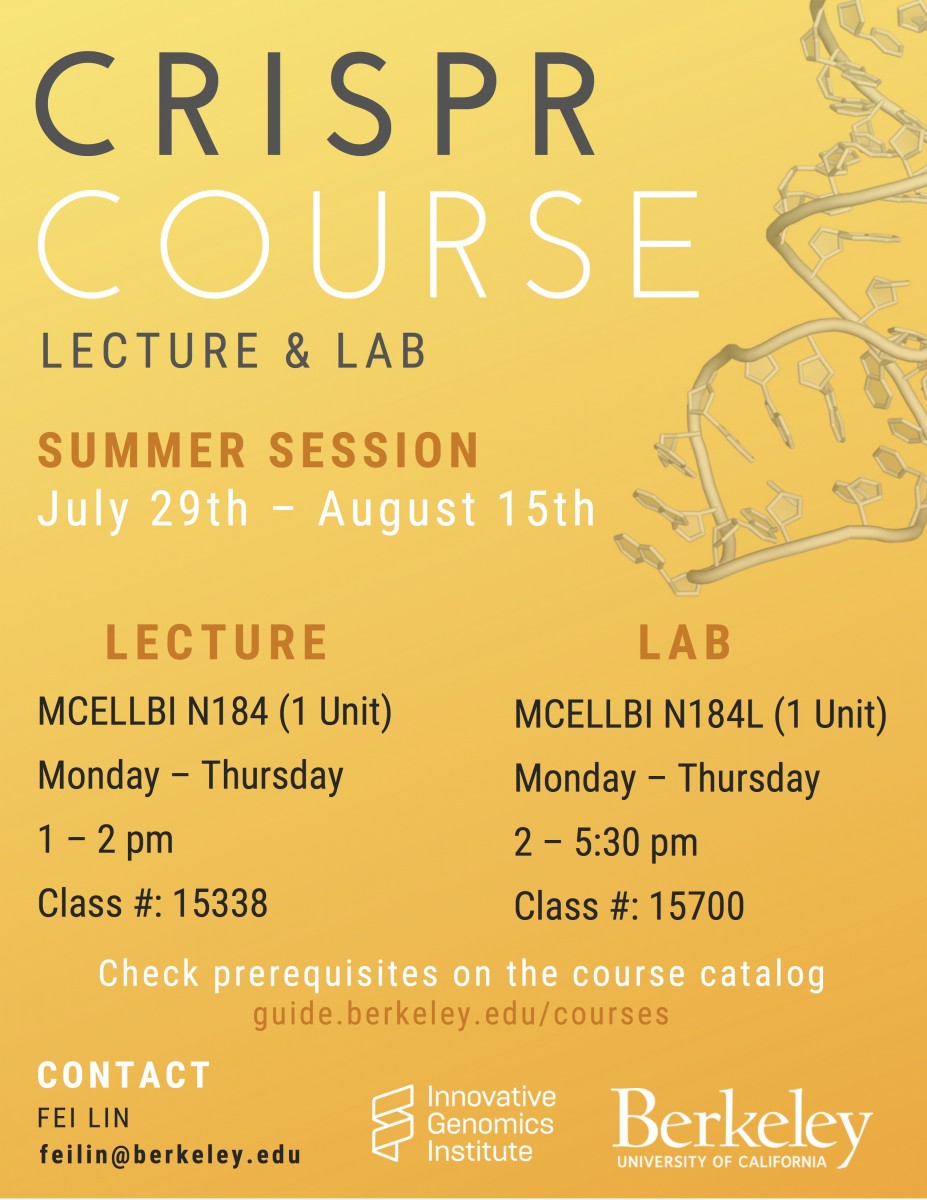 Undergraduates: Here’s your chance to gain hands-on experience working with CRISPR technology! Enroll in our unique Summer 2019 workshop and learn the CRISPR research essentials.
Undergraduates: Here’s your chance to gain hands-on experience working with CRISPR technology! Enroll in our unique Summer 2019 workshop and learn the CRISPR research essentials.
Sponsored by Innovative Genomics Institute.
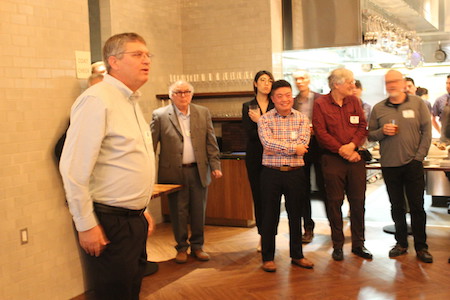
UC Berkeley MCB hosted its 2nd annual networking reception for over 100 MCB alumni and friends working in the healthcare, biotechnology, and financial industries during the 37th annual JP Morgan Healthcare Conference in San Francisco earlier this week. The reception was a time to catch up with old classmates and faculty, make new connections with various Cal alumni (Chemistry, EECS and Bioengineering), and meet industry professionals from innovative companies wanting to create new ties. Continue reading >
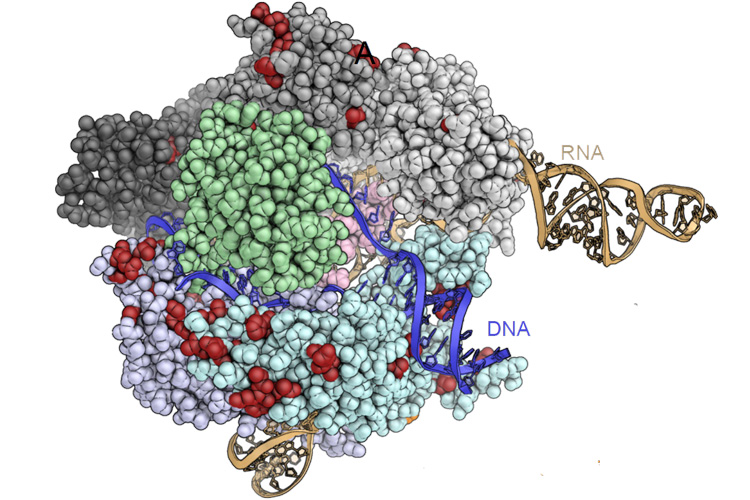
New research from MCB Associate Professor David Savage and MCB & Chemistry Professor Jennifer Doudna shows that an enzyme called ProCas9 can be used to target specific cells during CRISPR gene editing.
“This is an extra layer of security you could put on the molecule to ensure accurate cutting,” said Savage.
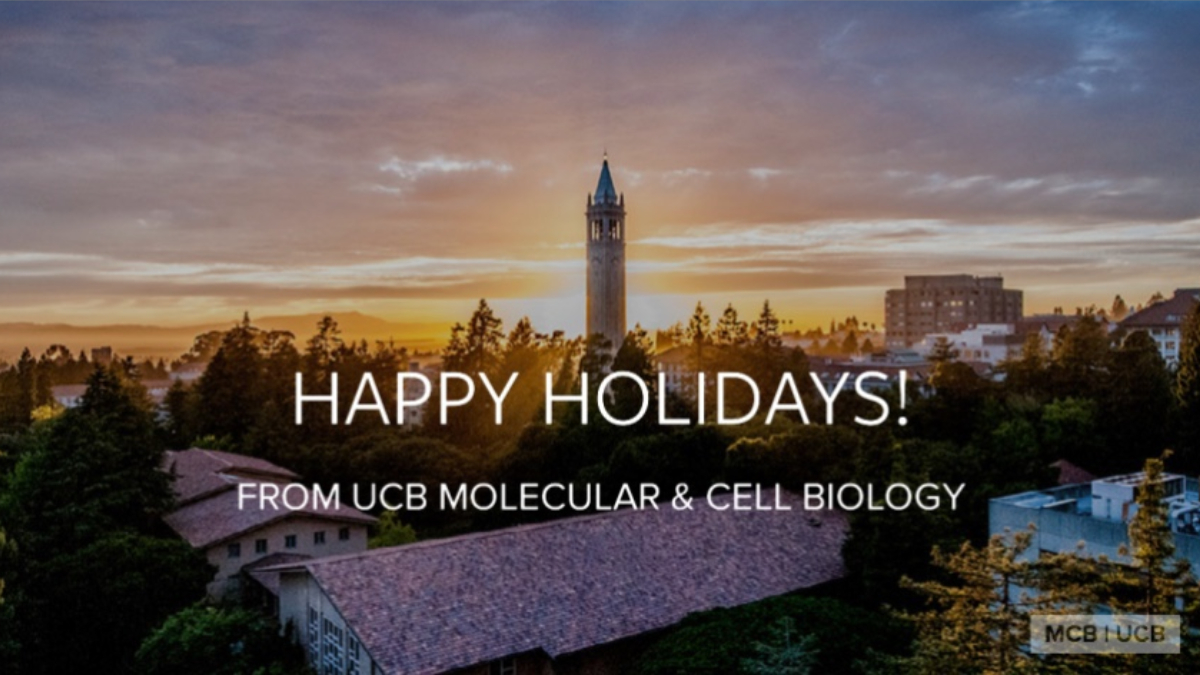
Our department has much to celebrate and be thankful for this year, especially our extraordinary community!
Watch the 2018 holiday video and read the MCB Co-Chairs message here...